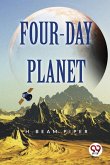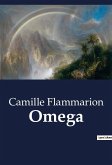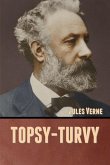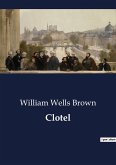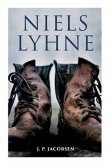A very entertaining SF novel from 1961, it's set on a planet on which days and nights each last 4 Earth days. The main industry is tallow-wax, which is obtained by hunting large sea monsters native to the planet and can be used as a protective coating on space suits and such. The Cooperative that handles sales of the wax is corrupt and regularly cheating the monster hunters out of their rightful profits. With the story narrated by a young reporter working for the planet's only newspaper, this situation leads to a combination monster-hunting story (with deliberate shades of Moby Dick), a tale of civil conflict and possible full-scale civil war, and a detective story. The world-building is superb and the action is exciting. The young protagonsist is intelligent and likeable. Of particular note is a sequence in which one of the monster-hunting ships is sabotaged and the crew is forced to improvise ways of surviving on a hostile planet until they are saved. (Tim Deforest) About the author: Henry Beam Piper (March 23, 1904 - c. November 6, 1964) was an American science fiction writer. He wrote many short stories and several novels. He is best known for his extensive Terro-Human Future History series of stories and a shorter series of "Paratime" alternate history tales. He wrote under the name H. Beam Piper. Another source gives his name as "Horace Beam Piper" and a different date of death. His gravestone says "Henry Beam Piper". Piper himself may have been the source of part of the confusion; he told people the H stood for Horace, encouraging the assumption that he used the initial because he disliked his name. On a copy of Little Fuzzy given to Charles O. Piper, Beam's cousin and executor, he wrote "To Charles from Henry." Piper's stories fall into two groups: stark space opera, such as Space Viking, or stories of cultural conflict or misunderstanding, such as Little Fuzzy or the Paratime stories. A running theme in his work is that history repeats itself; past events will have direct and clear analogues in the future. The novel Uller Uprising is the clearest example of this, being based on the Sepoy Mutiny. A similar example is the very title of Space Viking, although the novel is not a direct reinterpretation of a specific historical precedent. A later theme in the book involves the takeover of a planet in a manner reminiscent of the rise of Adolf Hitler. Piper's characterization was rooted in the notion of the self-reliant man, able to take care of himself and both willing and able to tackle any situation that might arise. This is exemplified in a bit of dialogue in his short story "Oomphel in the Sky" (1960): He actually knows what has to be done and how to do it, and he's going right ahead and doing it, without holding a dozen conferences and round-table discussions and giving everybody a fair and equal chance to foul things up for him. As a result, his stories tend towards the heroic, and the conflict is usually driven externally. Piper was interested in general semantics. It is explicitly mentioned in Murder in the Gunroom, and its principles, such as awareness of the limitations of knowledge, are apparent in his later work. (wikipedia.org)


